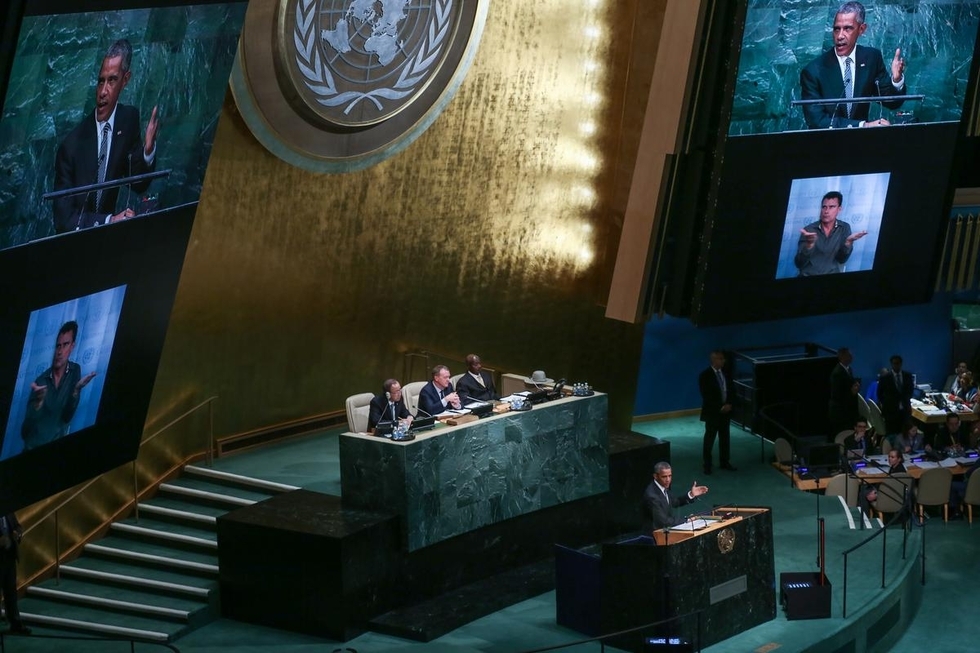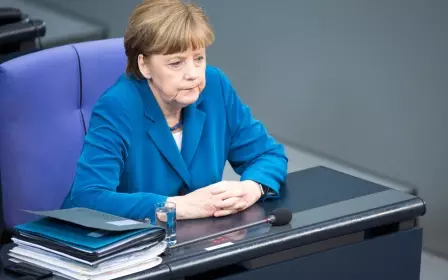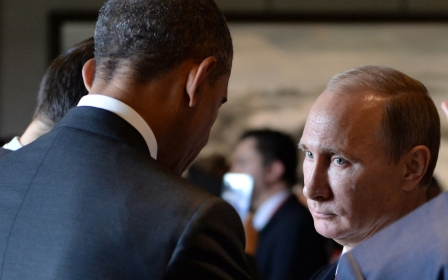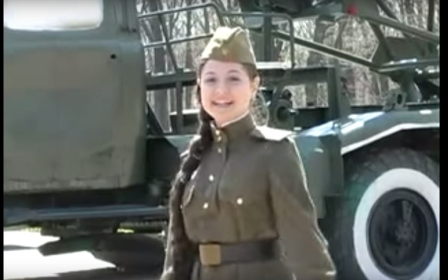Obama attacks support for child-killing 'tyrant' Assad

US President Barack Obama took the podium at the UN General Assembly on Monday to denounce those who support leaders like Syria's Bashar Al-Assad, accusing him of slaughtering children.
The barb, a direct attack on Russia and Iran for their ongoing military backing for Syria's beleaguered government, came shortly before Moscow's President Vladimir Putin was to speak.
Obama said some states prefer stability over the international order mandated by the UN Charter, and try to impose it by force.
"We're told that such retrenchment is required to beat back disorder, that it's the only way to stamp out terrorism or prevent foreign meddling," he said.
"In accordance with this logic, we should support tyrants like Bashar al-Assad who drops barrel bombs to massacre innocent children, because the alternative is surely worse."
Russia and Iran have argued that world powers should support Bashar al-Assad's government, at least until Syrian forces manage to defeat the Islamic State militant group.
Obama said he was nevertheless "prepared to work with any nation, including Russia and Iran, to resolve the conflict".
Obama and Putin are scheduled to meet on Monday to discuss the current situation Syria where Russia has been racheting up its support for the military in recent weeks.
Last week, Putin reportedly said that he was ready to start unilateral airstrikes on the Islamic State in Syria if Obama rejected his offer for the two countries to join forces.
On Sunday, Iraq, Russia, Iran and Syria announced that they had agreed to set up an intelligence committee in Baghdad to bring together efforts to fight the Islamic State, a move over which US Secretary of State John Kerry expressed displeasure after the announcement.
“I think the critical thing is that all of the efforts need to be coordinated,” Kerry said before meeting Russia’s foreign minister, Sergey Lavrov, in New York.
“This is not yet coordinated. I think we have concerns about how we’re going to go forward, but that’s precisely what we’re meeting on to talk about now.”
New MEE newsletter: Jerusalem Dispatch
Sign up to get the latest insights and analysis on Israel-Palestine, alongside Turkey Unpacked and other MEE newsletters
Middle East Eye delivers independent and unrivalled coverage and analysis of the Middle East, North Africa and beyond. To learn more about republishing this content and the associated fees, please fill out this form. More about MEE can be found here.




